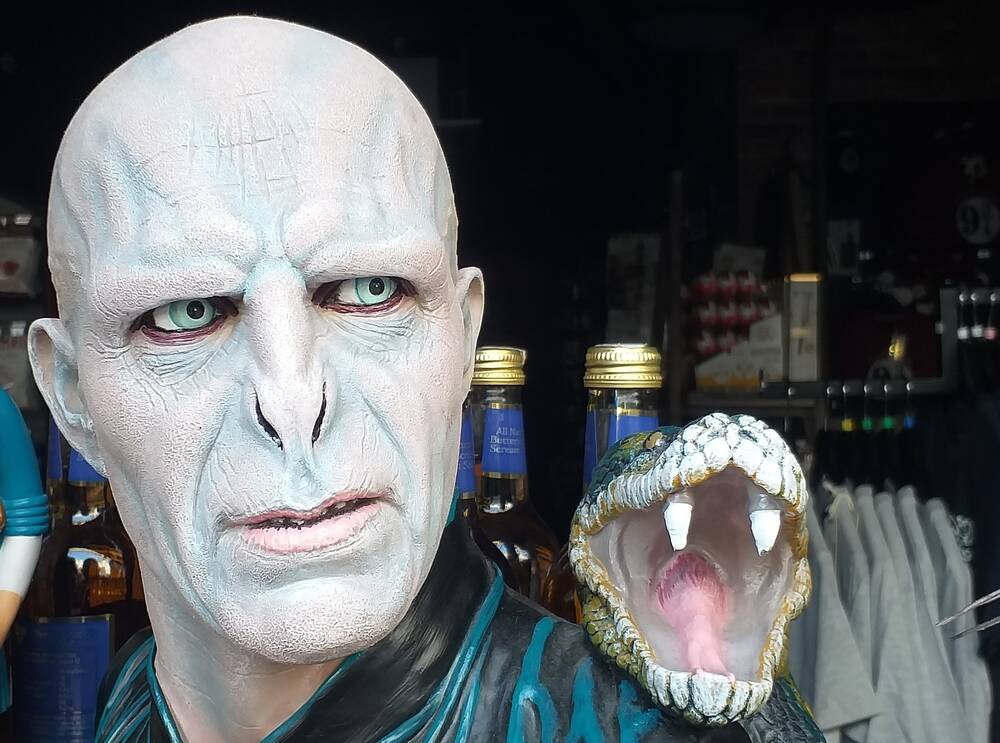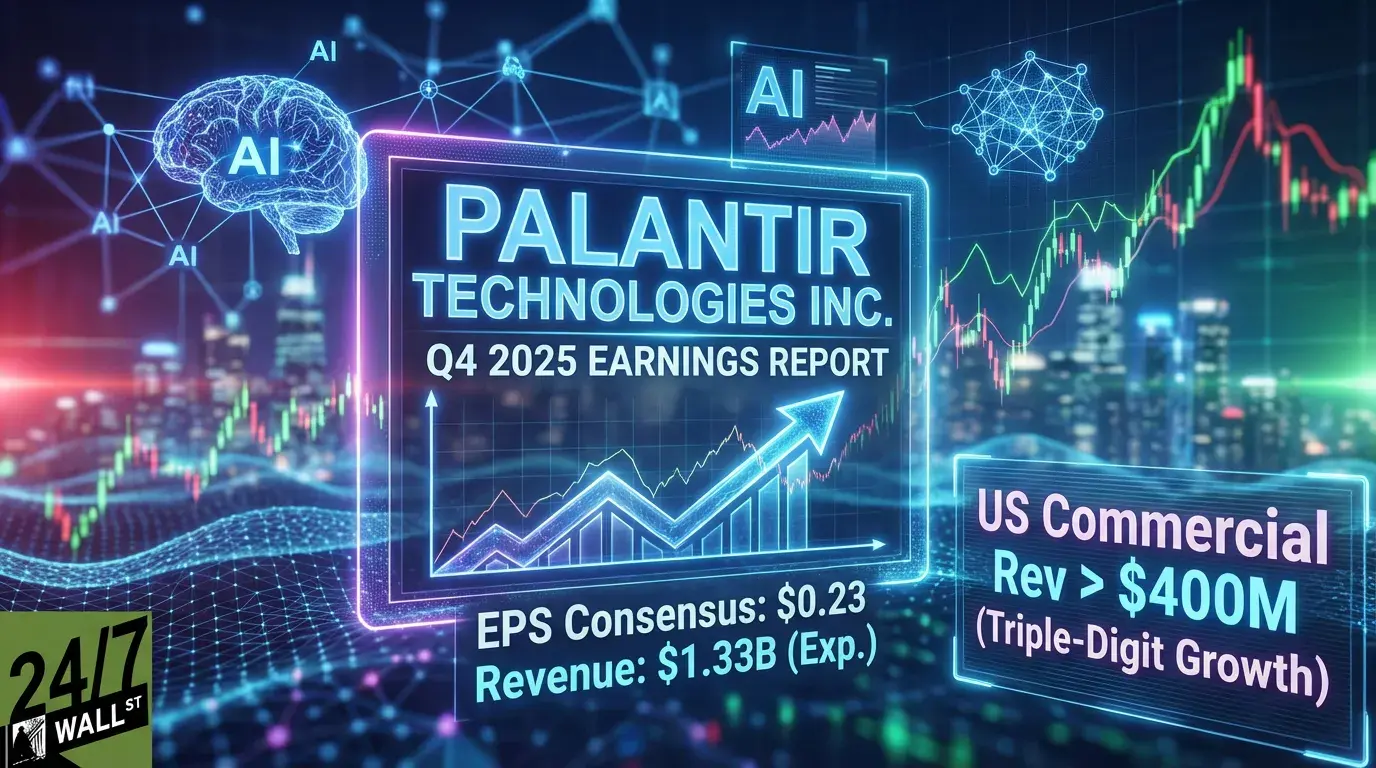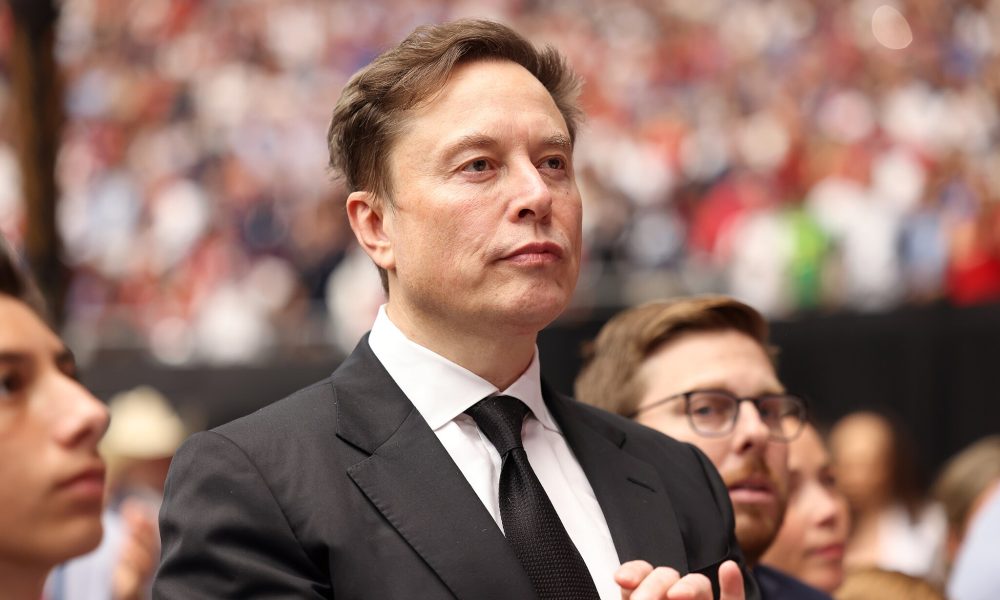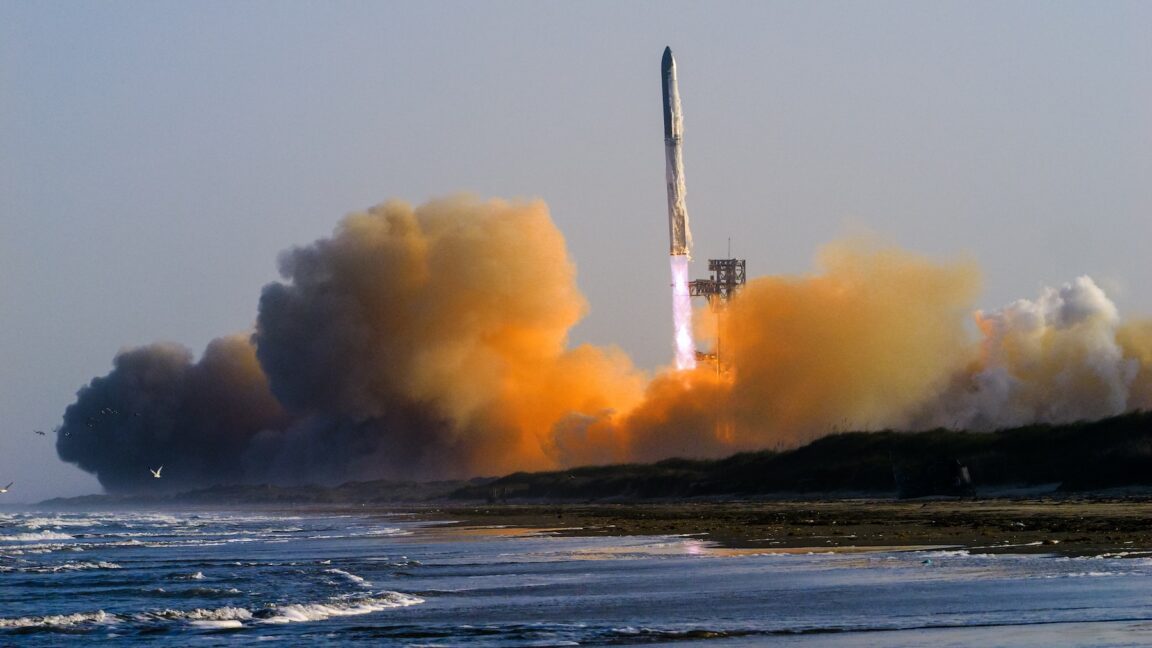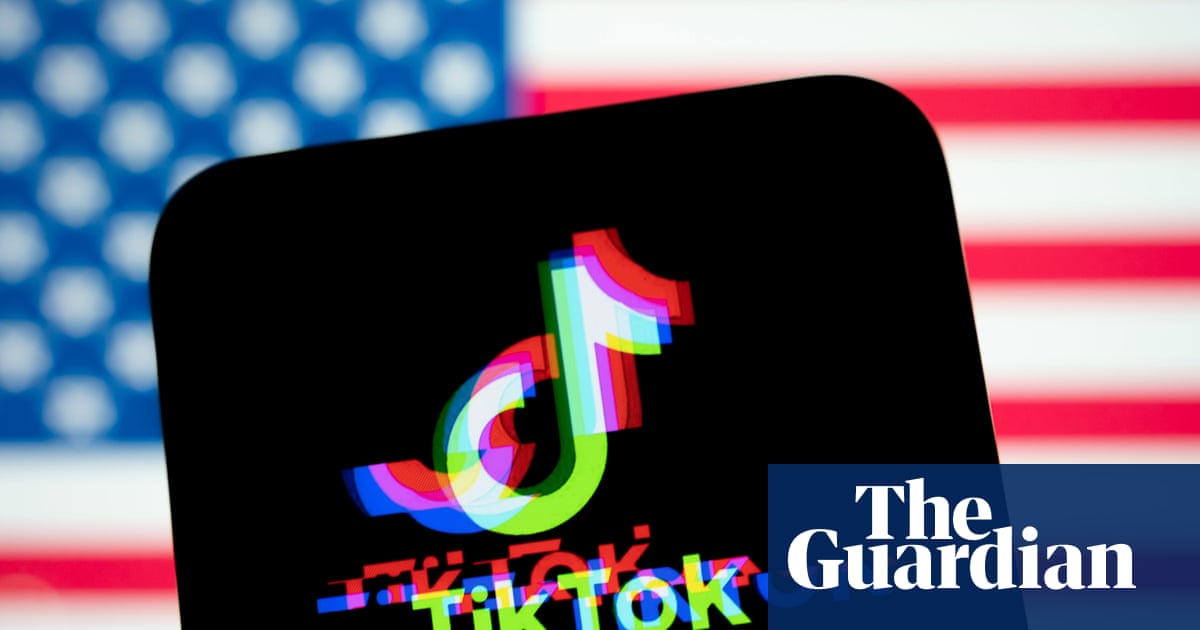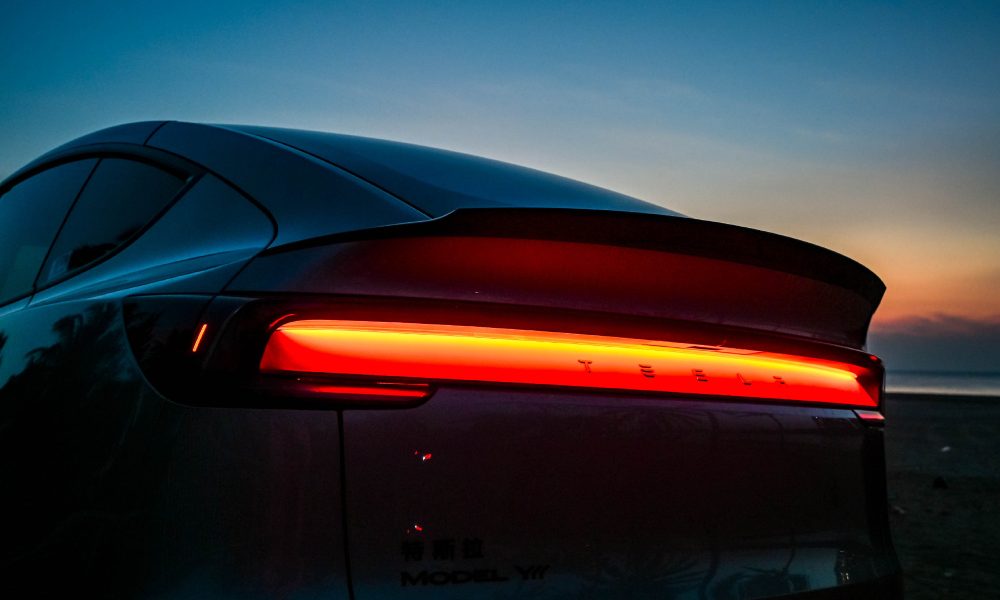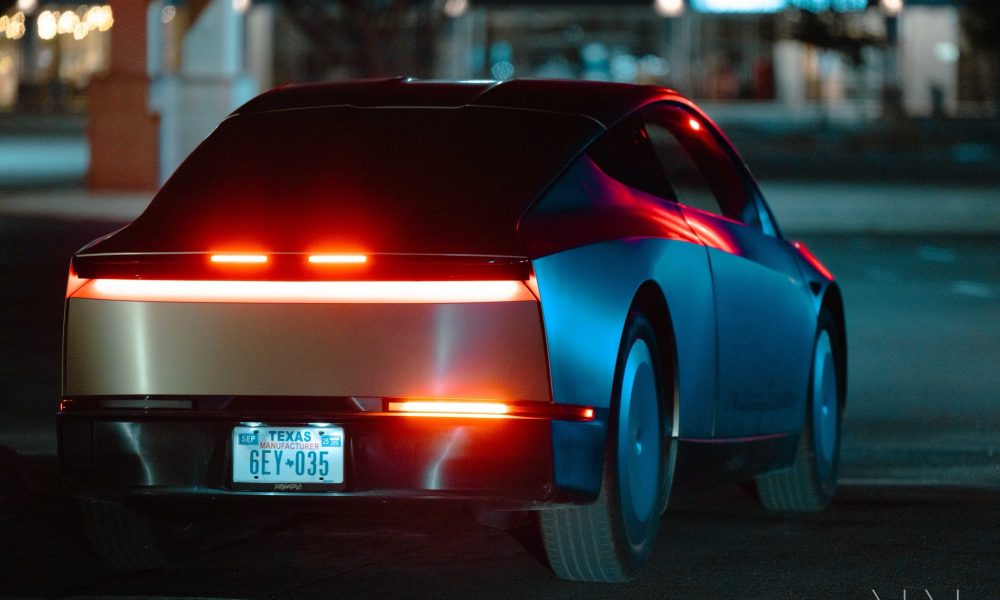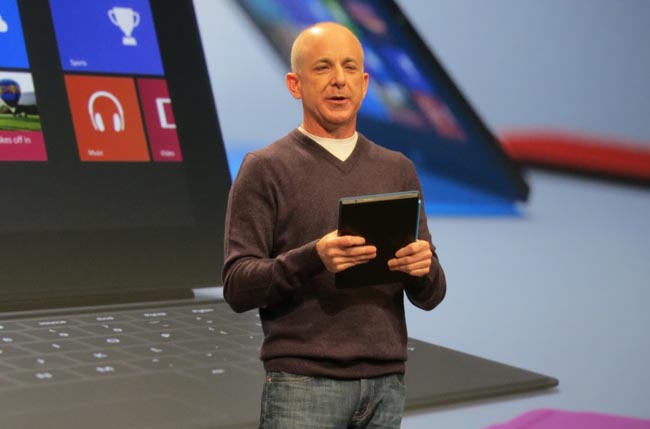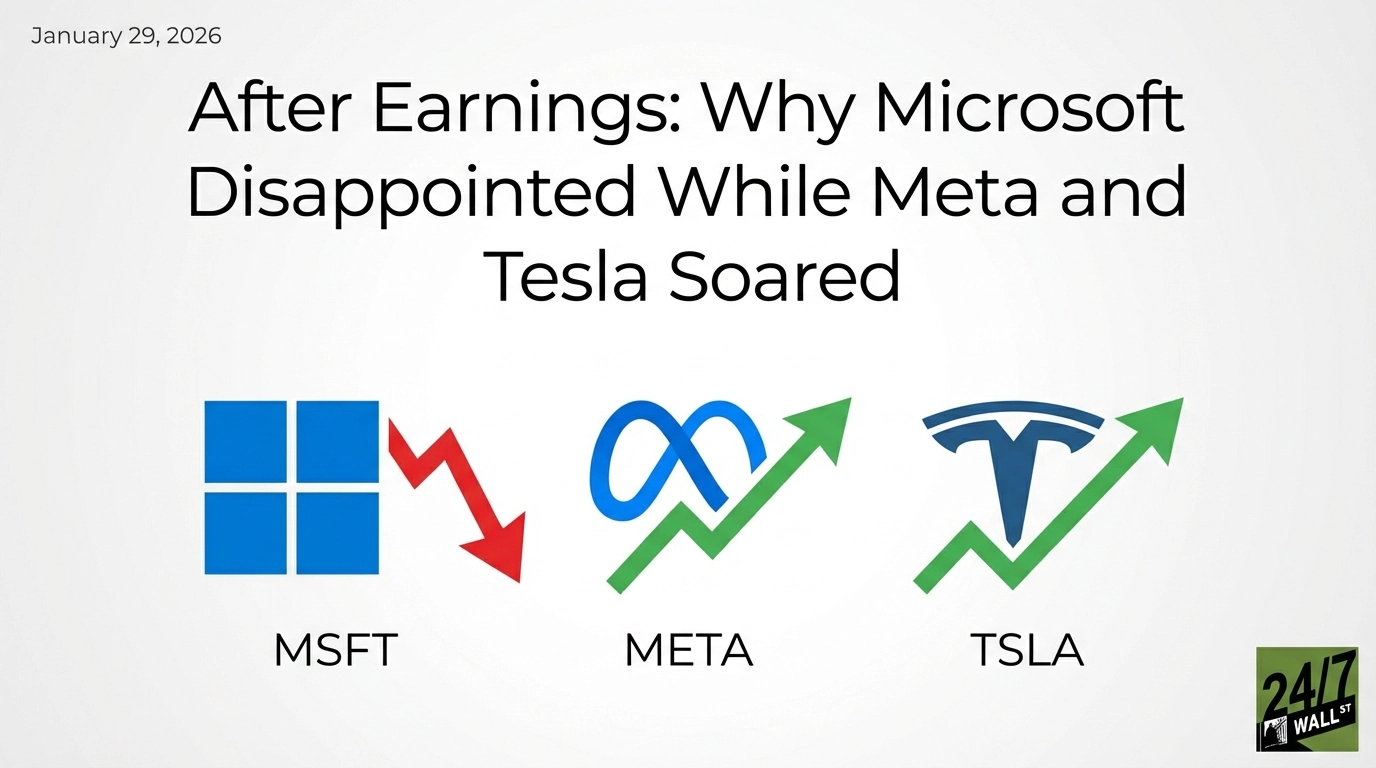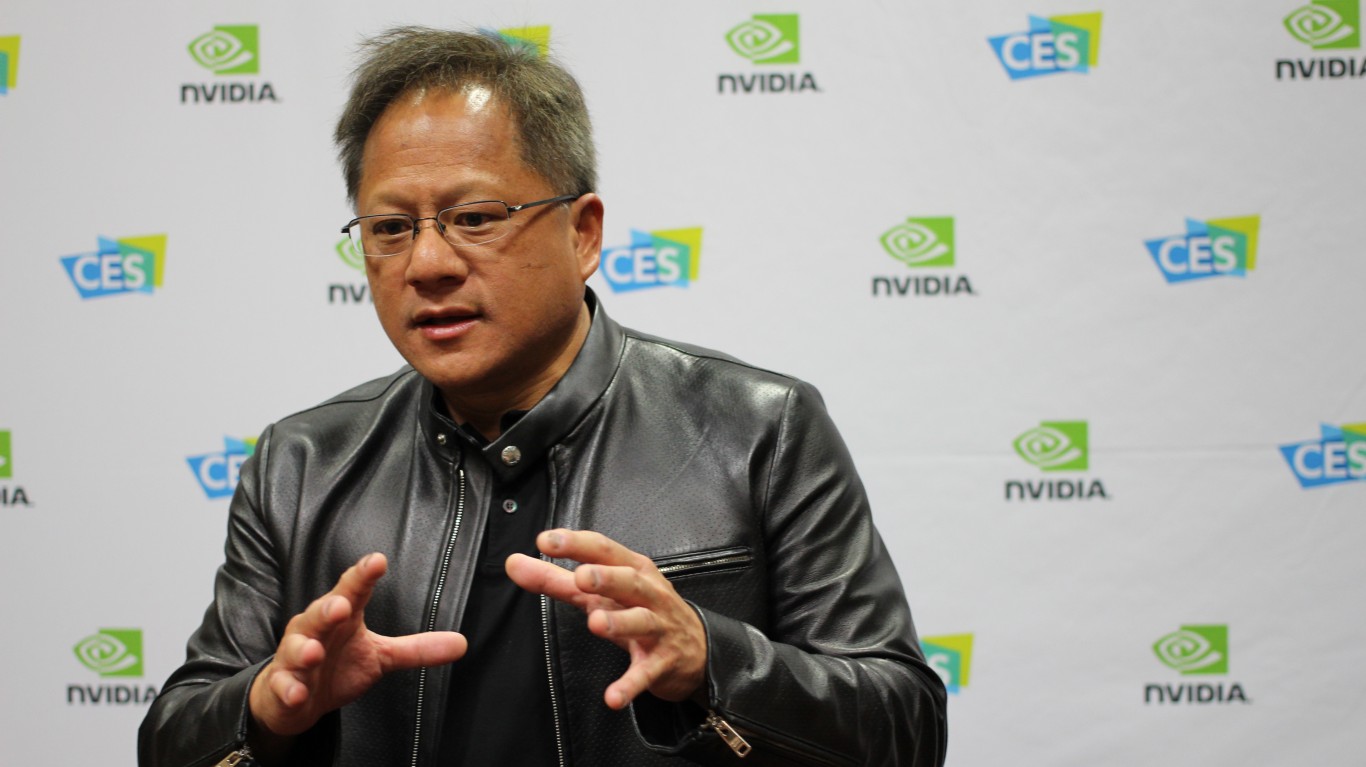fromFortune
12 hours ago'Space-based AI is obviously the only way to scale': Elon Musk hatches grand plan as he merges SpaceX and xAI | Fortune
It's a goal that Musk suggested in his announcement of the deal could become easier to reach with a combined company. "In the long term, space-based AI is obviously the only way to scale," Musk wrote on SpaceX's website Monday, then added in reference to solar power, "It's always sunny in space!" Musk said in his announcement he estimates "that within 2 to 3 years, the lowest cost way to generate AI compute will be in space."
Tech industry
